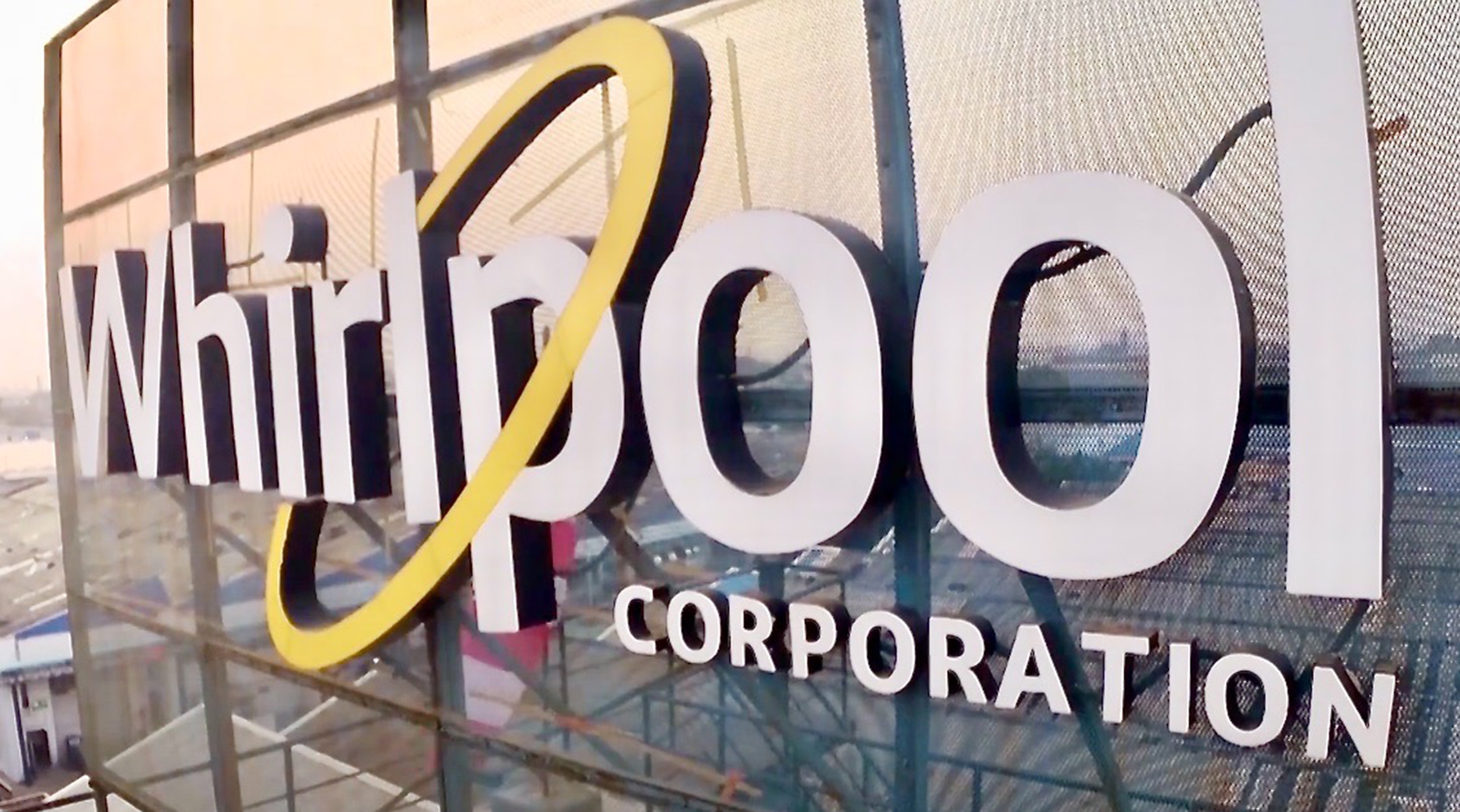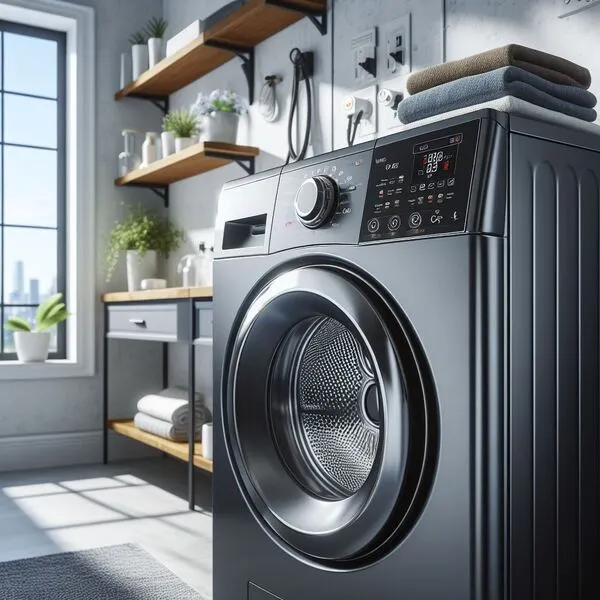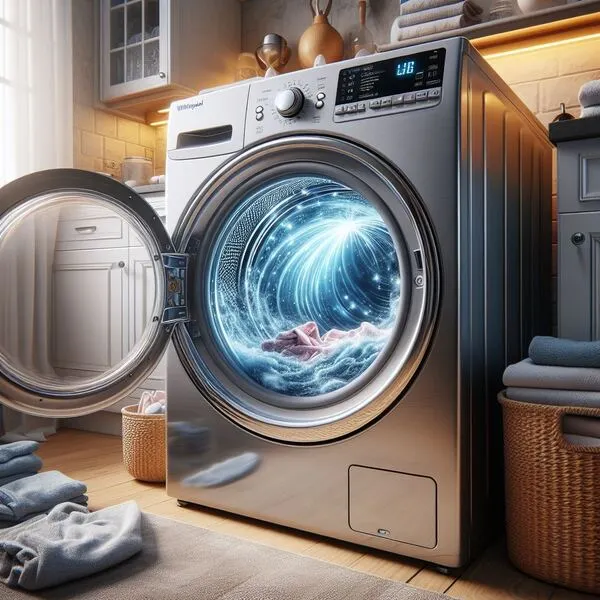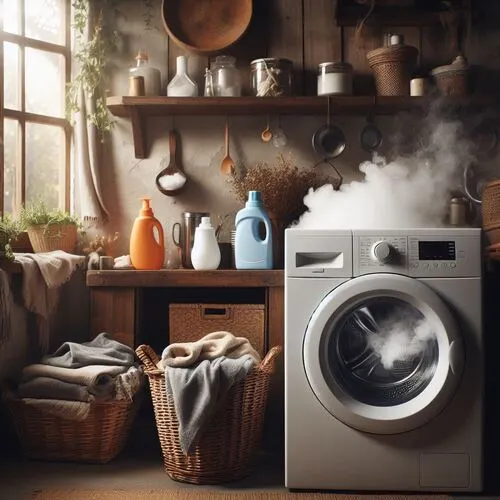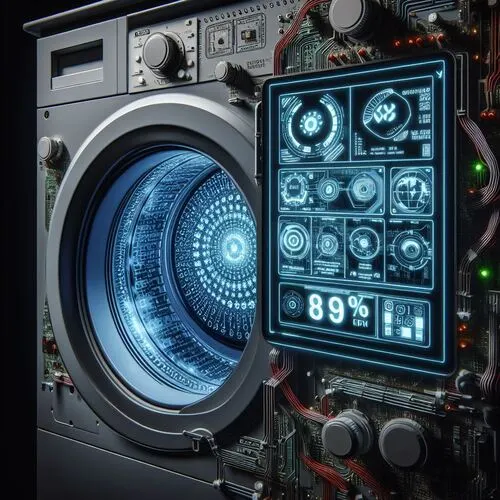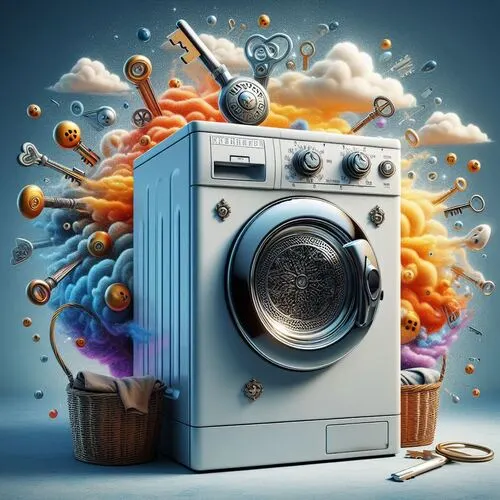Whirlpool corporation history
Whirlpool Corporation, a global leader in the home appliance industry, boasts a rich and storied history dating back to its founding in 1911. Established as the Nineteen Hundred Washer Company in Benton Harbor, Michigan, by Louis Upton and his uncle Emory Upton, the company began its journey by manufacturing wringer washers. Over the decades, Whirlpool has evolved into a household name, synonymous with cutting-edge technology, innovation, and a diverse range of home appliances.
This historical exploration will delve into key milestones, innovations, challenges, and global expansion that have shaped Whirlpool Corporation into the industry giant it is today. From its early beginnings to navigating the challenges of economic downturns and globalization, Whirlpool’s resilience and commitment to excellence have solidified its position as a leading provider of appliances that enhance the lives of millions around the world. Join us on a journey through the decades as we unravel the captivating history of Whirlpool Corporation.
Early Beginnings (1911-1925)
In 1911, Louis Upton founded the Nineteen Hundred Washer Company in Benton Harbor, Michigan, marking the inception of what would become Whirlpool. The company’s initial focus was on manufacturing wringer washers, a popular household appliance during that era. However, production faced a temporary halt during World War I (1918-1919), only to resume with increased demand afterward.
In 1921, Sears Roebuck & Co. became the exclusive supplier of washing machines for the Nineteen Hundred Washer Company. Four years later, in 1925, the company took a significant step by launching its own brand of washers under the name “Whirlpool.”
who is Louis Upton?
Louis Upton (1886-1952) was the founder of the Nineteen Hundred Washer Company, which later became the Whirlpool Corporation. Born in 1886, Louis Upton, along with his uncle Emory Upton, established the company in 1911 in Benton Harbor, Michigan. The company initially focused on manufacturing wringer washers, a common household appliance during that period.
who is Emory Upton?
Emory Upton was the uncle of Louis Upton and played a significant role in the early history of the Nineteen Hundred Washer Company, which later became the Whirlpool Corporation. Emory Upton, along with his nephew Louis, co-founded the company in 1911 in Benton Harbor, Michigan. The company initially focused on the manufacturing of wringer washers.
Growth and Innovation (1926-1949)
The year 1926 witnessed the introduction of the “Maytag” electric washing machine, a notable competitor to Whirlpool. Despite the challenges posed by the Great Depression in the 1930s, Whirlpool demonstrated resilience by diversifying its product line and emphasizing affordability.
The highlight of 1938 was the introduction of the “Automatic Washer” by Whirlpool, featuring an agitator and wringer. This innovation laid the foundation for the company’s future developments. In 1947, Whirlpool achieved a milestone by developing the first automatic, spinner-type washing machine, initially marketed under the Sears “Kenmore” brand. The following year, in 1948, Whirlpool began selling its own automatic washing machines under the Whirlpool brand, leading to the renaming of the company to the Whirlpool Corporation in 1949.
Post-War Boom and Expansion (1950-1979)
The post-war economic boom in the 1950s fueled increased demand for home appliances, prompting Whirlpool to expand its product line to include refrigerators, dryers, ranges, and air conditioners. The strategic acquisitions of Seeger Refrigerator Company and RCA’s appliance division in 1955 solidified Whirlpool’s position as a major home appliance manufacturer.
The subsequent decades, spanning the 1960s and 1970s, marked continuous growth for Whirlpool through acquisitions and innovations. The company introduced groundbreaking products such as the electronic range and the microwave oven. In 1978, Whirlpool received the prestigious Malcolm Baldrige National Quality Award, becoming the first appliance manufacturer to achieve this recognition.
Globalization and Challenges (1980-2009)
The 1980s brought increased competition from foreign manufacturers, presenting challenges for Whirlpool. In response, the company implemented cost-cutting and efficiency measures to maintain its competitive edge. The 1990s saw Whirlpool expanding its global presence through acquisitions and joint ventures in Europe, Asia, and Latin America.
The early 2000s posed new challenges, including the September 11th attacks and the global financial crisis. In response, Whirlpool shifted its focus to innovation and energy-efficient products, adapting to the evolving market landscape.
Recent Developments and the Future (2010-Present)
Throughout the 2010s, Whirlpool continued to invest in research and development, introducing new technologies and smart appliances. The 2020s marked a strategic shift towards sustainability and environmental responsibility, with initiatives aimed at reducing the company’s carbon footprint and promoting recycling.
As we look to the future, Whirlpool appears well-positioned to sustain its success in the global appliance market. By adapting to changing consumer needs and leveraging its commitment to innovation and sustainability, the company is poised for continued growth.
Key Milestones:
| Year | Milestone |
|---|---|
| 1911 | Founding of Nineteen Hundred Washer Company |
| 1925 | Launch of Whirlpool brand |
| 1938 | Introduction of the “Automatic Washer” |
| 1955 | Acquisition of Seeger Refrigerator Company and RCA’s appliance division |
| 1978 | Receipt of Malcolm Baldrige National Quality Award |
Challenges and Responses:
| Period | Challenges | Responses |
|---|---|---|
| 1980s | Increased competition from foreign manufacturers | Implemented cost-cutting and efficiency measures |
| 2000s | September 11th attacks and global financial crisis | Focused on innovation and energy-efficient products |
Recent Initiatives:
- In the 2020s, Whirlpool prioritized sustainability and environmental responsibility, launching initiatives to reduce its carbon footprint and promote recycling.

Whirlpool corporation history FAQs:
1. What is the story of Whirlpool?
Whirlpool’s story begins in 1911 in Benton Harbor, Michigan, with the founding of the Upton Machine Company by Louis Upton and his uncle Emory Upton. They focused on electric wringer-washers, eventually leading to a partnership with Sears and launching the iconic “Maytag” washer. Later, they renamed the company “The Nineteen Hundred Corporation” and in 1950 finally adopted the now-familiar “Whirlpool Corporation.” Through acquisitions and innovations, Whirlpool expanded its portfolio to include refrigerators, dryers, air conditioners, and more, becoming a global leader in home appliances.
2. What family started Whirlpool?
The Upton family, specifically Louis Upton and his uncle Emory Upton, are credited with founding Whirlpool. Their initial venture, the Upton Machine Company, laid the foundation for the future corporation.
3. Where is the origin of Whirlpool?
Whirlpool’s origin story is rooted in Benton Harbor, Michigan, where the Upton Machine Company was established. However, the company has since grown into a global presence with manufacturing facilities and operations worldwide.
4. Is Whirlpool made in USA or China?
Whirlpool manufactures appliances in various countries, including the United States and China. The specific location of production can vary depending on the appliance model and market demand. While a significant portion of their production takes place in China, Whirlpool still maintains manufacturing facilities in North America, including a major plant in Ohio.
5. Is Whirlpool still American owned?
Yes, Whirlpool Corporation remains an American-owned company. While it operates globally, its headquarters are still located in Benton Harbor, Michigan, and its shares are traded on the New York Stock Exchange.
Conclusion
In conclusion, Whirlpool Corporation’s journey reflects not only the evolution of a business but also the story of a brand that has become an integral part of homes worldwide. Its ability to innovate, adapt, and maintain a steadfast commitment to quality has propelled Whirlpool to its current status as a trusted name in the world of home appliances. As the company continues to navigate the currents of change, one can only anticipate that Whirlpool’s legacy of excellence will endure for generations to come.
